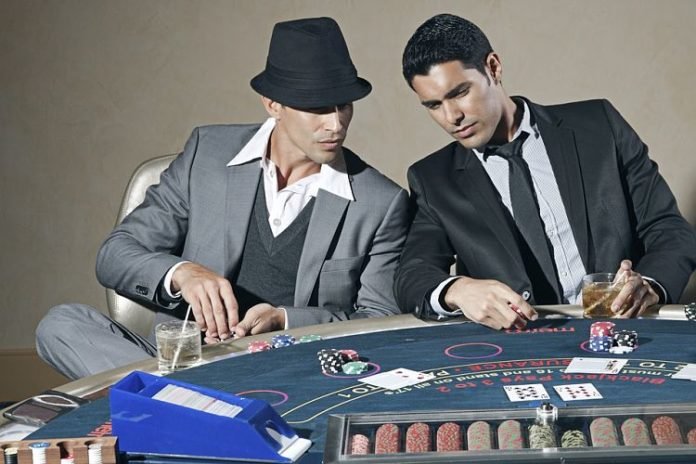The noun “entrepreneurs” is often used in the same sentence as variations on “gamble.” Entrepreneurs are categorized as gamblers, and we laud entrepreneurs who “gambled” and won.
Both gamblers and entrepreneurs can be successful or unsuccessful. To be successful, both groups need to understand the risks of their ventures, be careful with their timing, and use their skills to ensure victory, as much as possible. Do entrepreneurs gamble? Sometimes, though even their biggest risks tend to have a great deal more thought behind them than the public realizes.
When business ventures fail, we say it was too much of a gamble, or “the house won this time.” But are entrepreneurs really gamblers? The answer isn’t clear cut. Let’s talk about why.
Gamblers ultimately love risk
Whether it’s card games or races, no matter how much information gamblers accumulate on the pros and cons of the bet they’re about to place, ultimately, there is a risk. The amount of risk generally determines the size of the reward, if they win. The longer the odds, the bigger the return on the investment.
Entrepreneurs may have a variety of feeling about risk. Some entrepreneurs love to play long odds and rescue companies that are on the brink of disaster; some prefer to build slow, successful companies that withstand the test of time.
What successful gamblers and entrepreneurs have in common is that both abhor the unknown. A gambler who is at the horse track makes friends with the jockeys and the stable hands, finding out as much information about track conditions, how horses run, and how the jockey is feeling, as they possibly can. Their bets are less risk and more calculated weighing of odds.
Similarly, successful entrepreneurs study the market, find out about their niche, work within their community, and maximize the local business associations to build their company towards success. Starting any business is a risk, but entrepreneurs work to make sure that they’re taking on as little risk as is possible.
Entrepreneurs know there’s no such thing as a sure bet
No matter how sure a potential business owner is that this idea is going to work, there are no guarantees until the business is up and running. Similarly, a gambler can stack every single deck in their favor, but the house still has its eyes on the table.
Overconfidence is a downfall in both entrepreneurs and gamblers. Overconfidence leads to overextension and a sense that failure is impossible. When a business owner believes that a business cannot fail, they stop seeing small problems that can be fixed. Without the opportunity to fix small problems, those small issues will spiral into bigger ones. Ultimately, too much confidence can lead to business failure – and the house sending a gambler home.
Gamblers abhor insecurity
Despite what we just said, a successful gambler is rarely insecure about their choices. They gather as much information as is reasonable, and then they make their choice. Sometimes, their choice is not to choose; they pass on this bet, and wait for the next opportunity.
Great entrepreneurs know that not every idea is a winner. They approach concepts and projects with confidence and interest, but when something feels off, or they can’t demonstrate that their success is going to pay off in the long term, they wait for the next business idea. Part of success in both gambling and business is trusting that there will be another opportunity, and that saying no to this one might be the right choice.
So really, where’s the difference between an entrepreneur and a gambler?
A lot of the difference lies in the social connotation of the two different words. It is often portrayed as negative to be a gambler. Gambling is an addiction, gamblers waste money and leave their families in ruin. When characters gamble in movies, the action usually involves setting up a plot where they lose their inheritance and have to rush around to get it back.
But professional gamblers aren’t actually anything like that stereotype. Those who make their living playing cards or taking bets understand the difference between risk and reward, the thrill and the successful venture. They believe in an element of luck or chance a great deal of the time, but use skill and considered decisions to make their business, such as it is, function.
Entrepreneur as a word is still developing cultural connotations. Some people think of entrepreneurs as those who take a big risk on different businesses, while others perceive the word as a more neutral version of venture capitalist, or a gender-neutral replacement for businessman. Ultimately, however, an entrepreneur is someone who is running their own business, whether they are their only employee, or they are at the head of a multi-national corporation.




